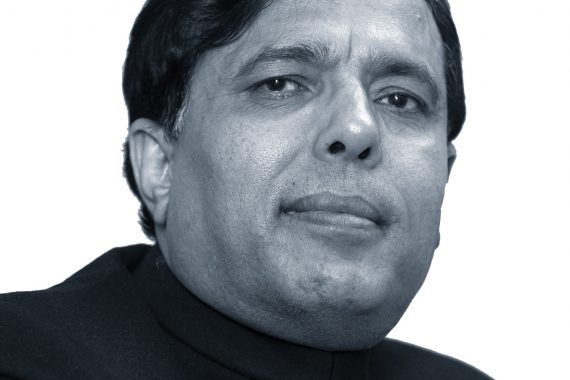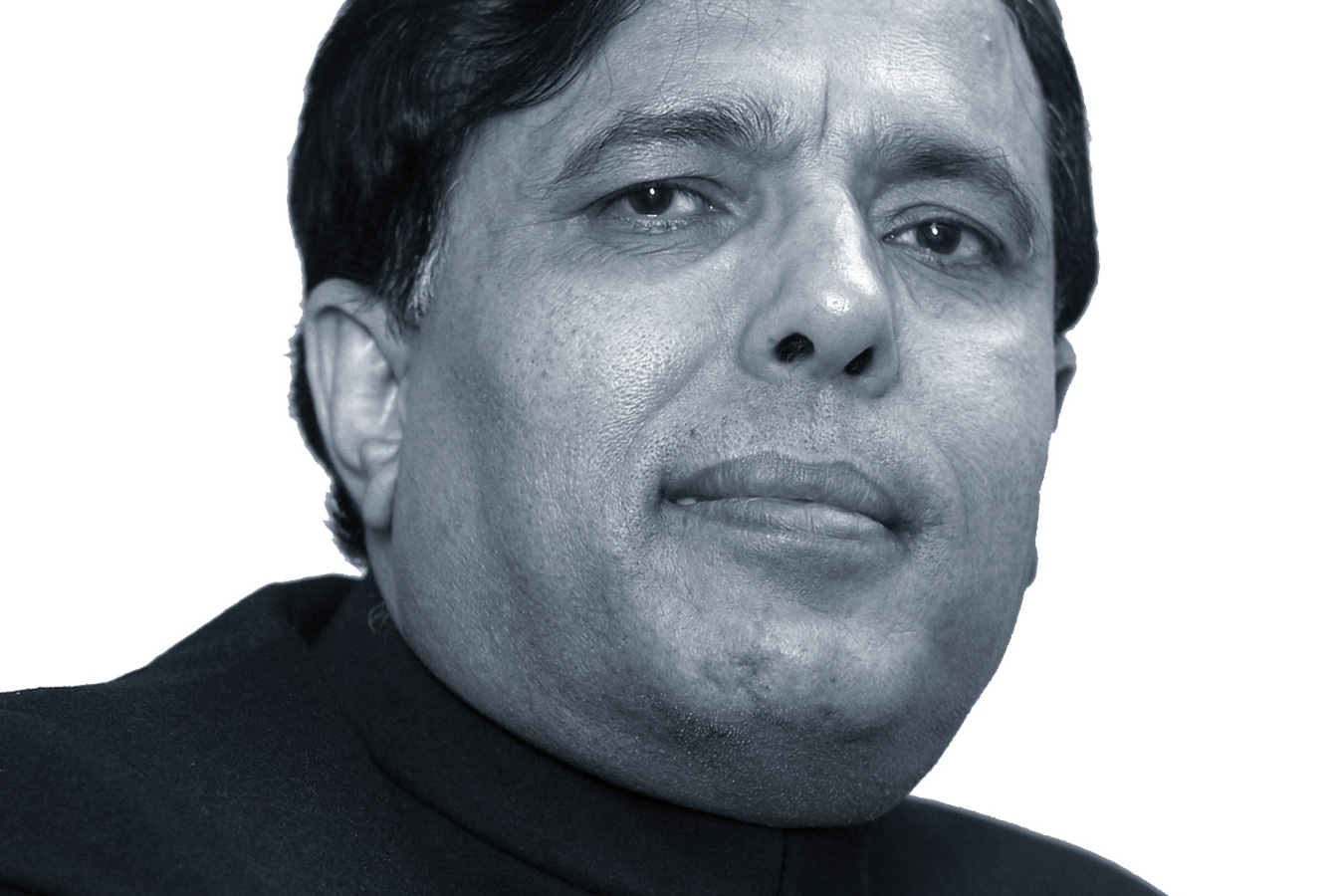Media attacks on GPs’ pay are deplorable


I have more than 30 years’ experience of being a GP and it saddens me to hear the continual denigration of general practice by media and politicians. The recent right-wing media assault on general practice, citing the high earnings of less than 1% of GPs as a bench mark, is deplorable.
Most of these very high earners are unlikely to be working on the front line treating patients, but managing large businesses instead.
There is no doubt general practice, the ‘jewel in the crown of the NHS’, is not perfect and has some variations in standard of care. However, by and large, the primary care model in the UK is undoubtedly one of the best in the world.
Rather than denigrating the profession, the media and politicians need to highlight the crisis engulfing primary care. What we need is more GPs, more practice staff, including nurses, and a programme of investment in GP practice buildings to bring them up to scratch. Primary care receives only 8% of the total NHS budget yet it carries out 90% of patient consultations.
GPs are paid just £70 per patient to do all this, a fixed amount for an unlimited number of consultations or visits per year
Let’s take a tour of general practice elsewhere in Europe and beyond, where GPs are able to spend longer with patients, such as in The Netherlands where 20-minute consultations are common. Or where whole chunks of clinical care aren’t even done by GPs, such as in Spain where all smears are done by gynaecologists, in Hungary and the Czech Republic where all children are seen by pediatricians, and indeed in most of the rest of Europe where patients see specialists freely without any reference to their GP.
In Sweden, out-of-hours services start at 5pm, and between midnight and morning, there is no primary care – patients instead attend A&E or call an ambulance. Across the whole of Europe, no other nation operates targets or makes systematic data entry, nor measurement of practice performance of chronic diseases the way the UK does.
And forget revalidation; even continuing medical education is voluntary in Spain, Portugal, Luxembourg and France.
If we go further afield to Canada, there are no registered lists. Only 30% of practices are computerised, and, again, no measurement of practice-specific immunisation or cytology is undertaken.
So let’s return to British shores, where every single patient wanting to see a specialist must see their GP first, and where we, who are not specialists, manage 90% of patient care, as well as the continuing transfer of work from hospitals.
Where we comprehensively provide the entire spectrum of clinical care without exception, from baby checks to the elderly, managing chronic diseases such as diabetes, coronary heart disease, heart failure, epilepsy, even renal disease, which would be completely alien to the reality of GPs in other countries.
Where this information is systematically recorded with registers and exemplary standards of care, via the QOF, which has no international parallel.
Where we have superlative trust and satisfaction ratings that tower over our hospital colleagues, and where patients see us as advocates, helping them through thick and thin, from stress at work to coping with grief, and where patients even resort to phoning us from A&E or a hospital bed, pleading with us to sort out their plight.
And where, if the system fails at some stage, from an ambulance not turning up, to a hospital appointment cancelled, or a disability benefit that’s been refused, it’s us to whom they turn to pick up the pieces. And it’s the GPs’ door where the buck stops. And where we’re paid just £70 per patient to do all this, a fixed amount for an unlimited number of consultations or visits per year, in spite of which we still prescribe the most cost effectively.
Moreover, we do this with fewer GPs per head than most of Europe. I challenge any government to find a model anywhere in the world that can match the range, remit and responsibly that we take on and provide as British GPs. Now we are taking additional hospital services, such as minor operations and diagnostic services in the primary care setting.
Considering pay declines after the new GP contract, one could argue that one gets what one pays for, but no, the taxpayer is getting far more from us even now. Our system of general practice offers an amazingly cost-effective service with a quality of care that is second to none.
Dr Kailash Chand is a retired GP from Tameside and is honorary vice-president of the BMA
Pulse October survey
Take our July 2025 survey to potentially win £1.000 worth of tokens











